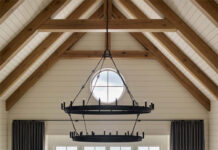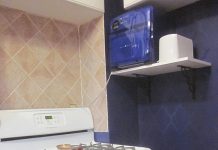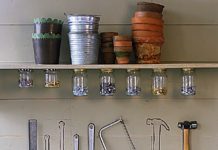Introduction
Your kitchen is the heart of your home, and its plumbing plays a vital role in keeping everything running smoothly. The kitchen plumbing system endures daily wear and tear from meal preparation to dishwashing. Regrettably, everyday wear and tear on plumbing systems can give rise to prevalent plumbing challenges, which, when neglected, can potentially develop into significant complications. In this article, we will delve into some of the frequently encountered kitchen plumbing issues that homeowners confront and offer effective remedies to address them.
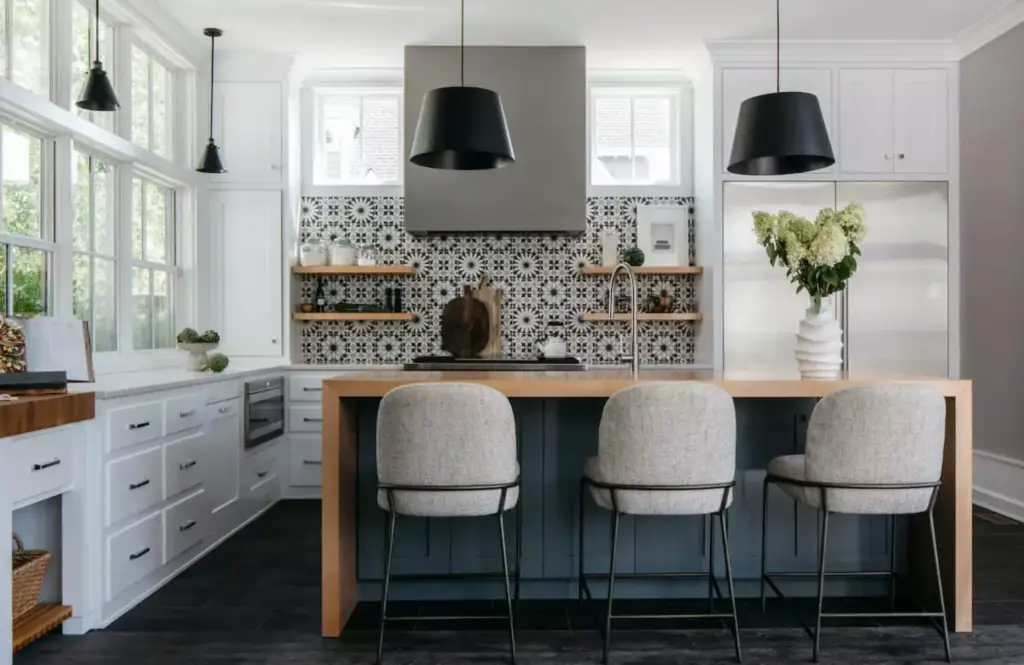
used with permission from TKS
1. Leaky Faucets
Issue: Dripping faucets can be a source of annoyance, resulting in unnecessary water consumption and increased utility costs. Frequently, the root cause can be traced back to a worn-out washer or cartridge.
Solution: To prevent more leakage, shutting off the water supply beneath the sink is advisable. Disassemble the faucet and examine the components. Replace the damaged washer or cartridge with a new one. If you are unsure about carrying out these tasks, it’s prudent to consider hiring a certified plumber to manage the necessary repairs.
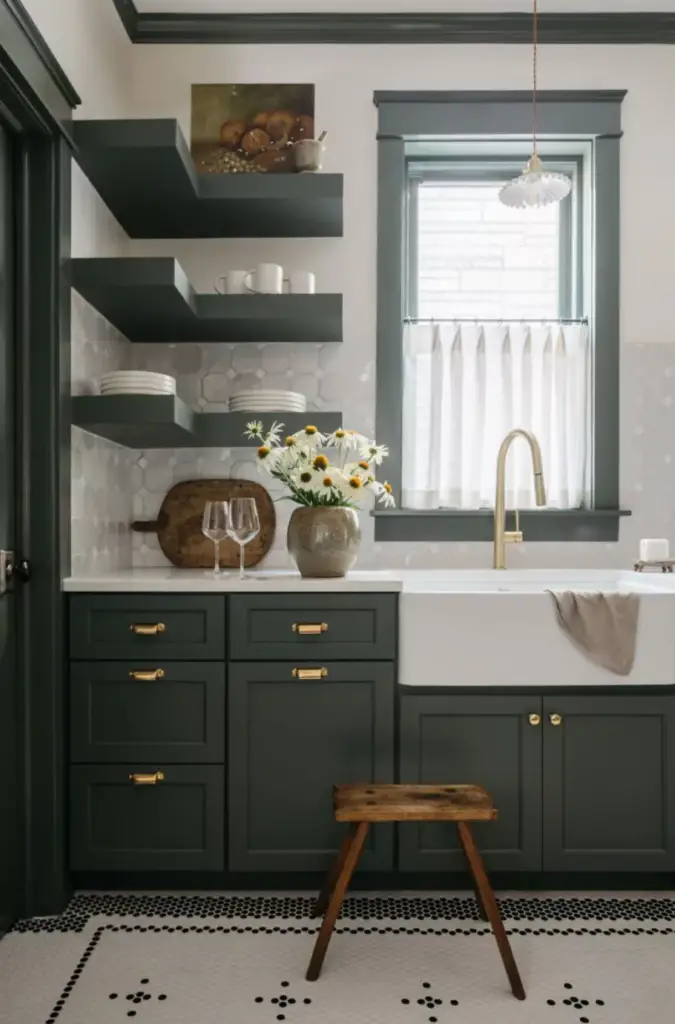
used with permission from TKS
2. Clogged Sink Drains
Issue: Clogged sink drains occur due to a buildup of food particles, grease, soap scum, and other debris over time.
Solution: Start by using a plunger to clear the blockage. Combine equal portions of baking soda and vinegar if the previous method is ineffective. Pour this mixture down the drain, allowing it to sit for approximately thirty minutes before flushing it out with hot water. For stubborn drain clogs, it’s worth contemplating using a drain snake or contacting a professional plumber for a more thorough cleaning.
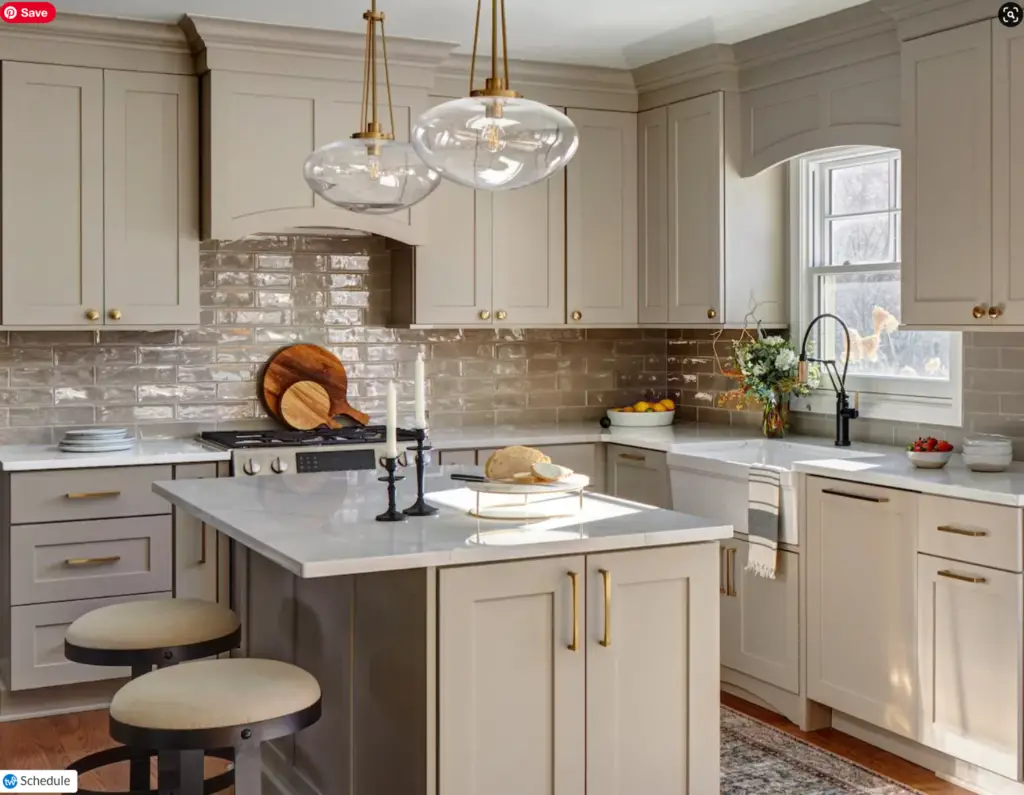
used with permission from TKS
3. Low Water Pressure
Issue: Low water pressure in the kitchen sink can make washing dishes and cooking less efficient.
Solution: Examine the faucet’s aerator to identify mineral buildups or debris that might impede water flow. If this doesn’t improve the pressure, the issue may be related to a larger problem with your home’s plumbing system. In such cases, consult an emergency plumber to diagnose and resolve the issue.
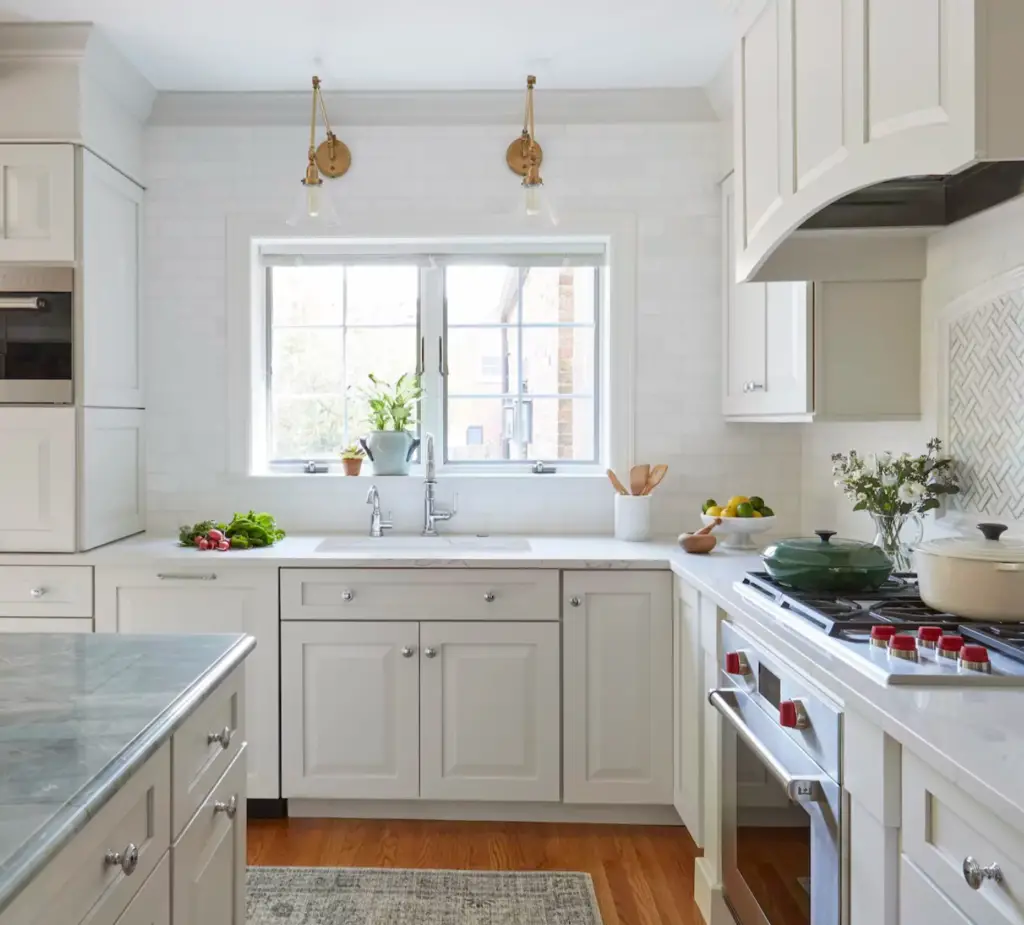
used with permission from TKS
4. Garbage Disposal Problems
Issue: A malfunctioning garbage disposal can disrupt kitchen activities and lead to unpleasant odours.
Solution: First, ensure the disposal is disconnected from power. Using an Allen wrench, manually rotate the disposal to dislodge any obstructions. If this doesn’t work, call a professional plumber or an appliance repair technician to assess and repair or replace the disposal unit.
5. Dishwasher Drainage Issues
Issue: When a dishwasher doesn’t drain properly, it can leave dirty water at the bottom of the appliance and prevent dishes from getting clean.
Solution: Check the dishwasher’s drain filter for debris and remove it. If the issue continues, it could be associated with the plumbing connections. Consult a plumber to inspect the dishwasher’s drainage system and make any necessary repairs.
6. Foul Odors
Issue: Unpleasant odours from the kitchen sink can result from bacterial growth within the drain or garbage disposal.
Solution: To eliminate odours, pour hot water and vinegar into the drain to break down organic matter and kill bacteria. You can also use citrus peels or baking soda to freshen the garbage disposal and prevent future odours.
7. Pipe Leaks
Issue: Pipe leaks, whether minor or major, can lead to water damage in your kitchen and adjacent areas.
Solution: As soon as a leak is detected, immediately shut off the water supply to that area to halt any potential additional damage. Subsequently, contact a licensed plumber to evaluate and rectify the leak. Fixing a pipe leak without the necessary skills can often exacerbate the issue.
8. Hot Water Dispenser Malfunctions
Issue: When your hot water dispenser fails to deliver hot water, it can slow down cooking and cleaning tasks.
Solution: Check the hot water dispenser’s power source and thermostat settings. If all seems well, it could be necessary to replace the heating element or engage the services of a professional for a comprehensive inspection and necessary repairs.
9. Frozen Pipes
Issue: Kitchen pipes can freeze in cold climates, leading to blockages and potential pipe bursts.
Solution: To avoid freezing, it’s advisable to add insulation to any exposed pipes and permit a gradual flow of water during periods of exceptionally cold weather. If pipes freeze, consult a plumber to safely thaw them and assess any damage. It’s crucial to address frozen pipes promptly to prevent costly repairs.
10. Water Hammer
Issue: A water hammer is a sudden, loud noise in the pipes when you turn off the faucet, caused by a surge in water pressure. As time passes, this could harm the connections within your plumbing system.
Solution: Consider the installation of water hammer arrestors, which are devices designed to mitigate the impact of abrupt water cessation.
11. Rusty or Discoloured Water
Issue: If you notice rusty or discoloured water from the kitchen faucet, it could indicate corrosion in your pipes.
Solution: Have a certified plumber inspect your pipes and recommend repairs or replacements. Taking swift action to resolve this matter is essential to uphold water quality and avert additional harm to your plumbing infrastructure.
Conclusion
Common as they may be, kitchen plumbing challenges can be effectively managed with the proper understanding and proactive upkeep, allowing you to avoid several issues and swiftly attend to the ones that do arise. Regularly checking and maintaining your kitchen plumbing will ensure that it remains the functional heart of your home, allowing you to enjoy it without disruptions or unexpected repairs. Thanks to John the plumber for consulting.

















